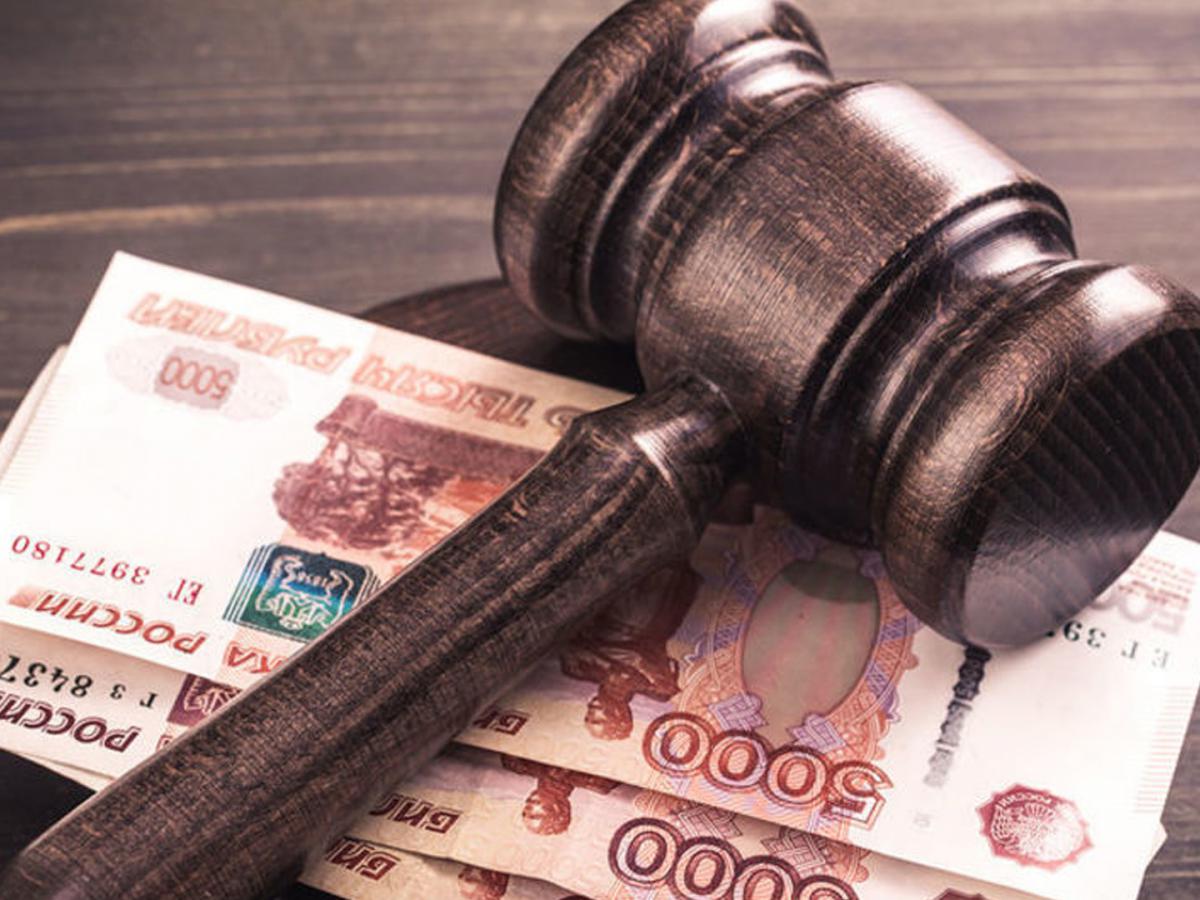
Putin raises fines for disobeying law-enforcers at mass rallies

The new law singed by President Putin toughens punishment for disobeying law-enforcers at rallies and introduces fines for violating the order of their organization. The law also introduces fines for materials about foreign agents without clarifying their status as such.
President Vladimir Putin signed the law increasing fines for disobeying law-enforcement officers at mass rallies, violating the procedure for their organization. Putin also approved a law introducing fines for disseminating information about foreign agents and materials created by them without specifying their status of the foreign agent. The document amending the Code of Administrative Offenses was published on the official website of legal information.
The maximum punishment for disobedience to law-enforcers remains the same - 15 days of arrest. However, the fine increases from the current 500-1,000 rubles up to 2,000-4,000 rubles. The law also stipulates for compulsory work for a period from 40 to 120 hours. Repeated failure to comply with the requirements of police officers, FSB officers or state security officers during a mass event will be punished with a fine from 10,000 to 20,000 rubles, whereas the maximum punishment remains the same - 30 days of arrest.
Obstructing the performance of official duties by security officials will entail fines for citizens in the amount from 10,000 to 20,000 rubles, an administrative arrest for up to 30 days, or compulsory work (from 100 to 200 hours). For officials, the fine will make up from 20,000 to 40,000 rubles, for legal entities - from 70,000 to 200,000 rubles.
If a person who does not have the right to organise mass meetings in Russia, but still wires money to arrange such an event, they will be punished with a fine from 10,000 to 15,000 rubles (from 15,000 to 30,000 for officials, from 50,000 to 100,000 rubles for legal entities).
The part of the law concerning the regulation of the activities of foreign agents stipulates an increase in fines for the distribution of materials, in which foreign agents are mentioned without clarification. If there is no indication to the status of a foreign agent in a material published by mass media outlet, a fine from 2,000 to 2,500 rubles may be imposed.